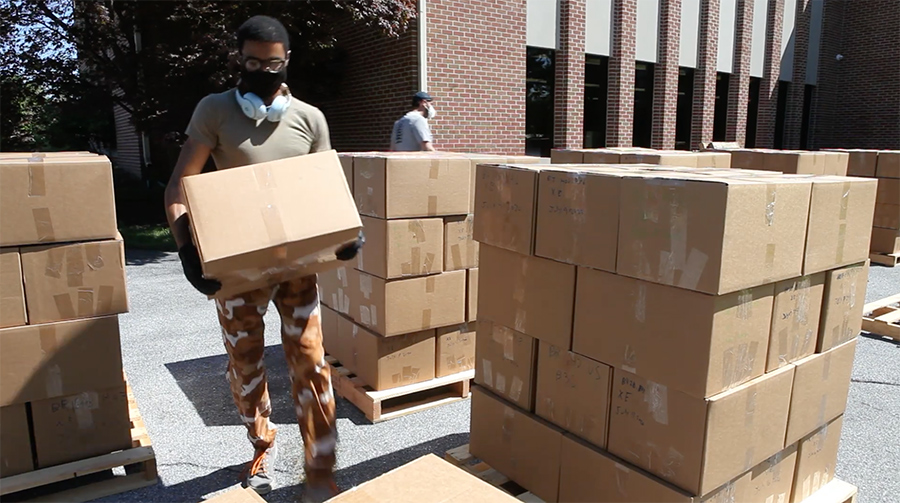What happens to the books when a library closes? What if that library has a distinctive collection of 70,000 books and 3,000 journals—including local historical studies and “rare materials that aren’t traditionally prioritized”—that can’t be found together anywhere else?
This is the story of the Detroit-based Marygrove College Library, now online thanks to the Internet Archive. Caralee Adams at Archive.org provides some history:
“Marygrove College’s roots go back to 1905 when it was started by the Sisters, Servants of the Immaculate Heart of Mary, a progressive Catholic order known for its commitment to social justice. Founded as a women’s institution, it became co-ed and predominantly African American over time, changing with the demographics of its neighborhood in northwest Detroit.
The liberal arts college, which typically had an enrollment of less than 1,000, attracted students interested in teacher education and social work programs, as well as English, history, philosophy and religious studies. The college offered graduate programs and some alumni went on to become physicians, lawyers and scientists.

When the college shuttered in December 2019, the significance of their library’s conscientiously-curated collection would have been scattered to the wind if not for a decision by the Board of Trustees: Preserve the entire collection through digitization by the Internet Archive, “a non-profit library of millions of free books, movies, software, music, websites, and more.”
Produced by The Mercantile and Lone Pine Creative, this Internet Archive video shares the importance of preserving the collection, and making it available online.

“When I heard that the library was going to be digitized, I felt like it was going to be a stroke of genius, “ said poet, Valerie Deering, Marygrove College alumna Class of 1972. “That there was not going to be a book burning, that these books weren’t going to end up at the Salvation Army where nobody really knew or understood or would appreciate what they’ve been to generations of students.”

“Marygrove has been fundamental for Detroit in educating first-generation, low-income college students and providing high-quality education to the community,” says Alexandra Sarkcozy, a liaison librarian for history at Wayne State. “The librarians built a robust academic collection and took beautiful care of it. I think it’s wonderful that it was able to be preserved.”
See how the Internet Archive digitizes books with care in this demonstration by Eliza Zhang and Scribe, a scanner and software that the organization invented.
At the Internet Archive, this is how we digitize a book.
We never destroy a book by cutting off its binding.
Instead, we digitize it the hard way–one page at a time.#digitalbooks pic.twitter.com/ZqPw3w41I5— Internet Archive (@internetarchive) February 6, 2021
Watch these book, library, and community videos next:
• The Temple of Knowledge: What it’s like to grow up in a library
• Marta Minujín’s ‘Parthenon’ of Banned Books in Kassel
• The Fantastic Flying Books of Mr. Morris Lessmore
• Carl Linnaeus’ Systema Naturae and Herbarium Cabinet
Curated, kid-friendly, independently-published. Support this mission by becoming a sustaining member today.

